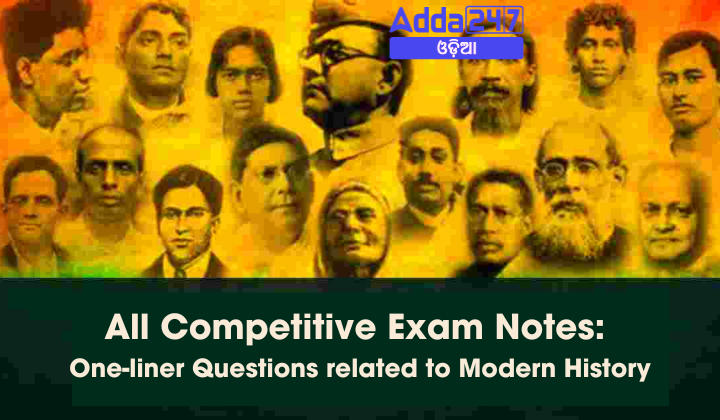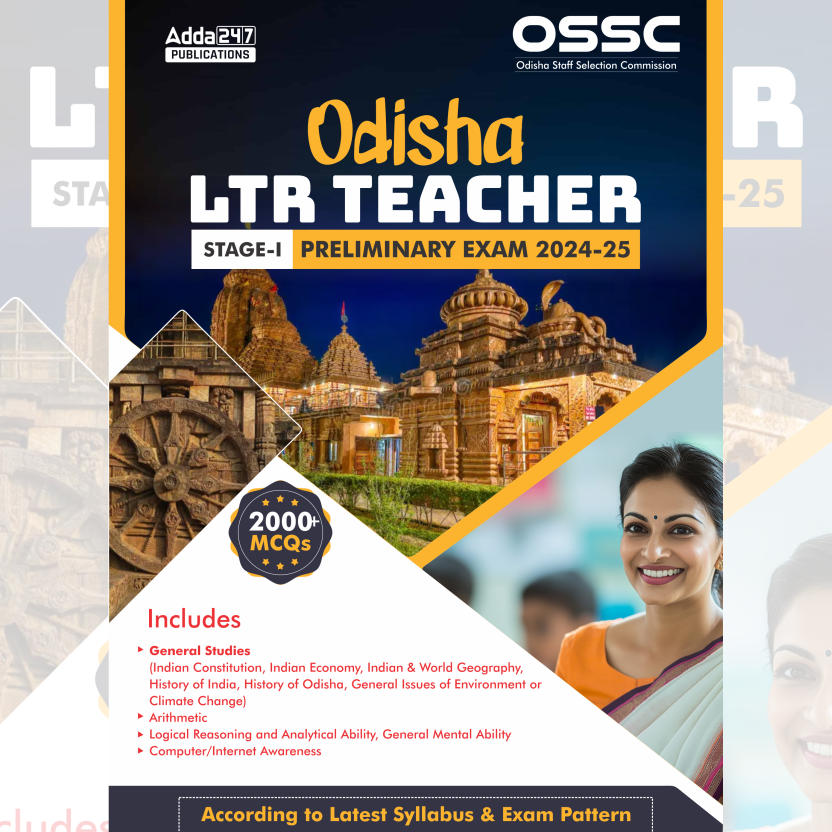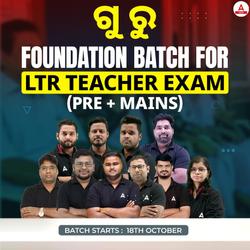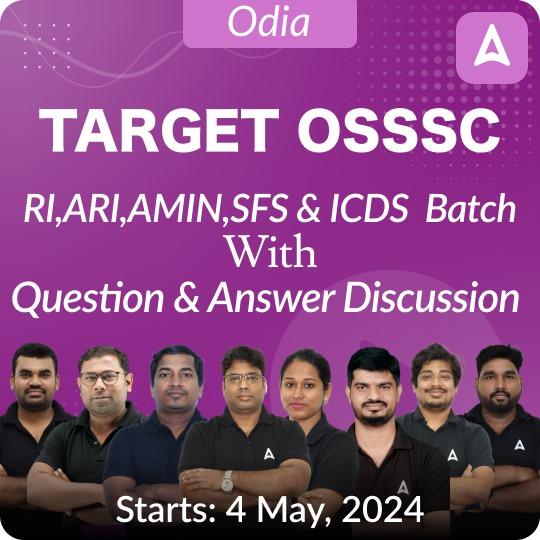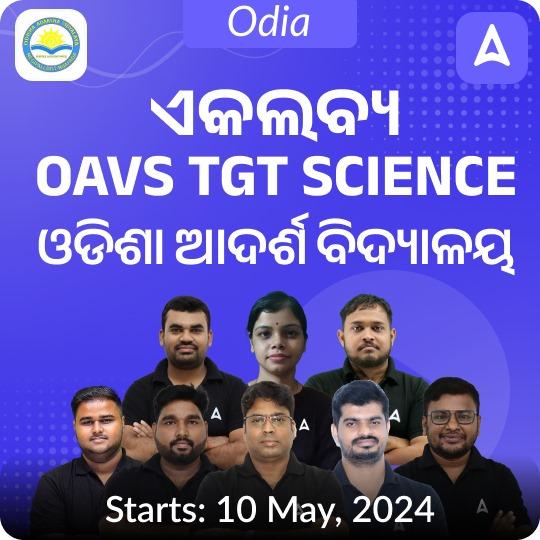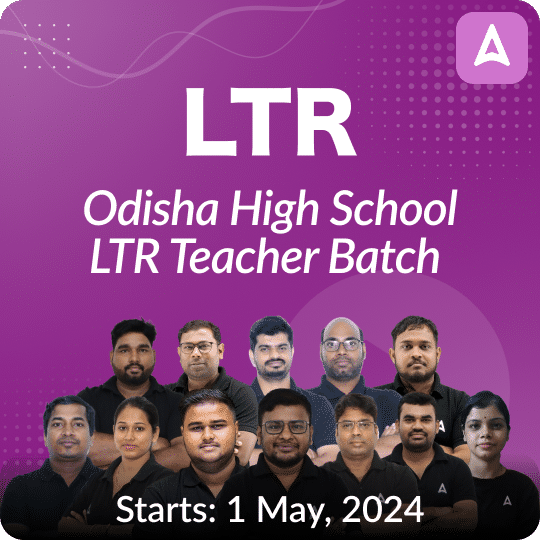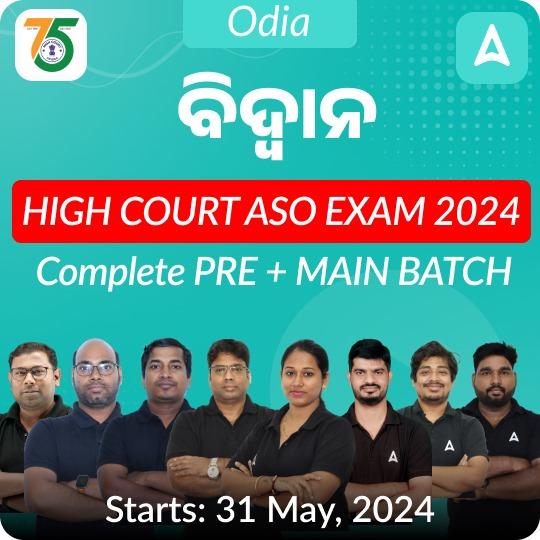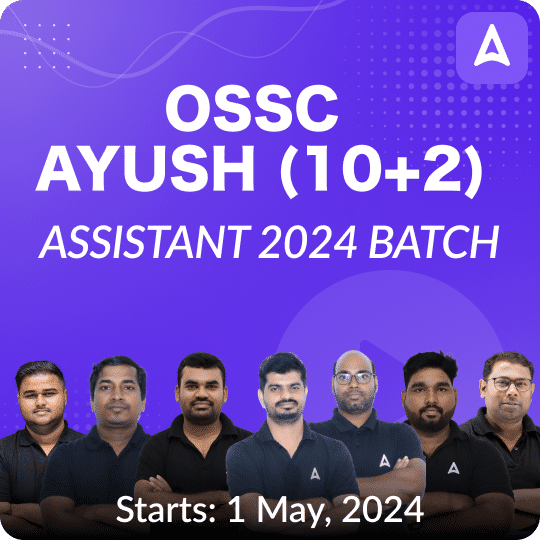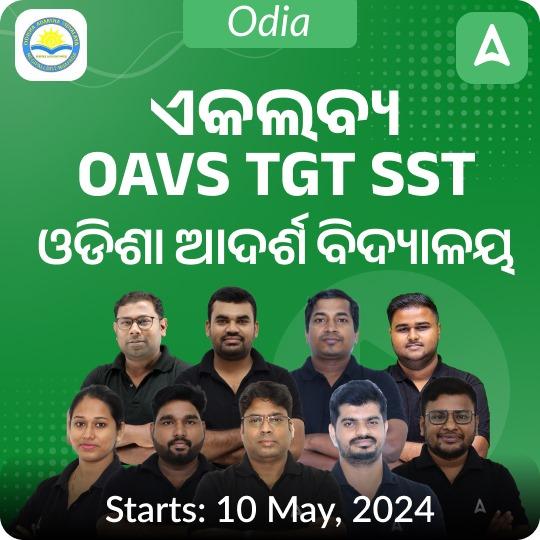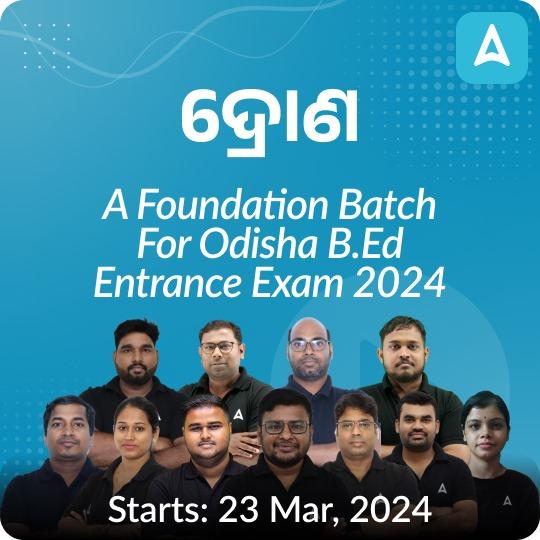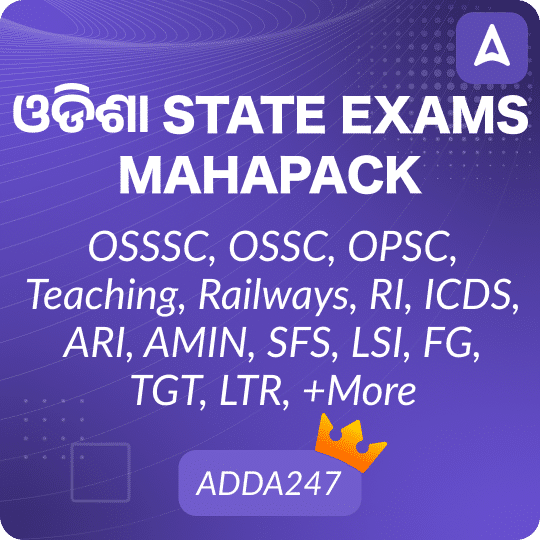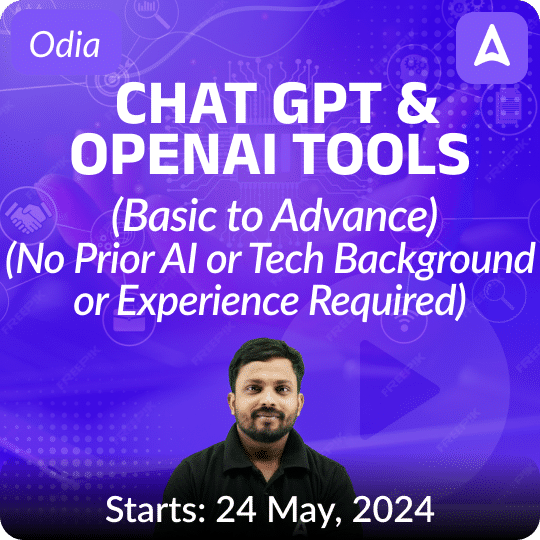Here are one-liner questions based on Modern Indian History that will be useful for competitive exams. These cover key events, personalities, and movements:
Modern History(East India Company in India) One-liner Questions
- Who established a factory in 1608 with royal approval from Jahangir?
- Which Mughal ruler granted permission to Captain Middleton in 1611?
- In which battle did Captain Thomas Best defeat the Portuguese in 1612?
- Who started a plant in Surat in 1613 with Jahangir’s approval?
- What permission did the East India Company receive from the Sultan of Golconda in 1632?
- Which fort did the East India Company build in 1639 in Madras?
- What gift did Charles II receive after marrying Katherine in 1662?
- To whom did Charles II lease Bombay in 1668?
- Which three villages did the East India Company purchase in 1690?
- Who issued a Farman to the British East India Company in 1717?
- What was introduced by Pitt’s India Act of 1784?
- Who made up the Board of Control created by Pitt’s India Act?
- What was a significant feature of the Charter Act of 1793?
- How much annual payment did the East India Company have to make to the British government under the 1793 Act?
- What monopoly did the East India Company lose under the Charter Act of 1813?
- What monopoly did the East India Company retain after the Charter Act of 1813?
- What educational initiative did the Charter Act of 1813 introduce?
- What title replaced “Governor-General of Bengal” in the Charter Act of 1833?
- What was the role of the Law Commission set up by the Charter Act of 1833?
- What freedom did the Charter Act of 1833 grant to the English in India?
Answer:
- S1. Ans: William Hawkins.
- S2. Ans: The ruler of Surat.
- S3. Ans: The Battle of Swally.
- S4. Ans: Aldworth.
- S5. Ans: The Golden Farman.
- S6. Ans: Fort St. George.
- S7. Ans: Bombay.
- S8. Ans: The East India Company.
- S9. Ans: Gobindapur, Kolkata, and Sutanuti.
- S10. Ans: Mughal Emperor Farrukhsiyar.
- S11. Ans: A dual system of control.
- S12. Ans: Secretary of State, Chancellor of the Exchequer, and four Privy Council members.
- S13. Ans: Required royal consent for appointing high officials.
- S14. Ans: Five lakh pounds.
- S15. Ans: Commercial monopoly in India.
- S16. Ans: Trade with China, opium, and tea.
- S17. Ans: Rs. 1 lakh for education of Indian subjects
- S18. Ans: Governor-General of India.
- S19. Ans: To codify Indian laws.
- S20. Ans: The freedom to colonize.

